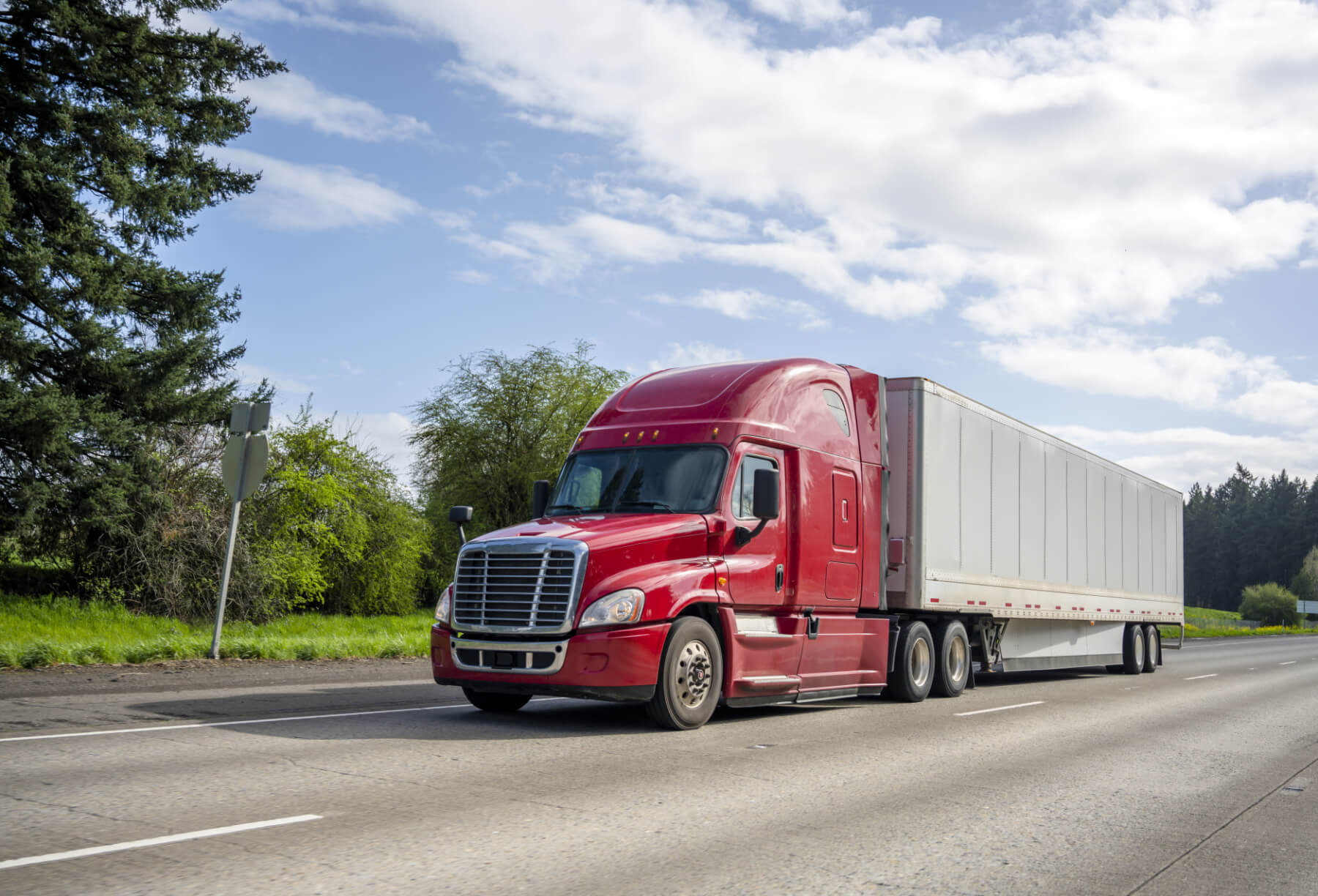Power Only
In the ever-evolving landscape of logistics, the need for innovative solutions is paramount. One such solution that has gained significant traction is the concept of power-only trucks. These specialized vehicles, also known as power units or power-only carriers, provide a flexible and efficient approach to transporting goods. In this article, we explore the rise of power-only trucks and their impact on the logistics industry, focusing on their benefits, applications, and potential for enhancing efficiency and sustainability.

The Concept of Power-Only Trucks
Power-only trucks refer to tractor units that are specifically designed to transport trailers or shipping containers without cargo. Unlike traditional trucking operations, which involve the transportation of both the truck and cargo, power-only trucks focus solely on hauling the trailers or containers. This approach allows for greater versatility and efficiency in logistics operations.
Enhanced Flexibility and Utilization
Power-only trucks offer enhanced flexibility by decoupling the truck from the cargo. This flexibility enables logistics companies to optimize their operations by matching the right truck with the appropriate trailer or container for each specific task. As a result, power-only trucks can be quickly deployed for various purposes, such as moving different types of containers, supporting intermodal operations, or providing dedicated hauling services. The ability to adapt to different requirements and maximize truck utilization makes power-only trucks a valuable asset in the logistics industry.
Streamlined Operations and Cost Efficiency
By focusing solely on transporting trailers or containers, power-only trucks streamline operations and eliminate the need for drivers to load and unload cargo. This efficiency translates into faster turnaround times and increased productivity. Additionally, power-only trucks often operate on a drop-and-hook model, where the trailer or container is dropped off at its destination, and another one is immediately picked up. This seamless process minimizes downtime, reduces waiting times, and optimizes the use of resources, leading to cost savings for both carriers and shippers.
Sustainable Transportation Solutions
In an era marked by a growing emphasis on sustainability, power-only trucks offer a greener alternative in logistics operations. As these trucks transport trailers or containers, they can be powered by alternative fuel sources or electric propulsion systems, reducing carbon emissions compared to traditional trucks hauling cargo. Additionally, power-only trucks support the use of intermodal transportation, which leverages multiple modes of transport (e.g., rail, road, sea) to optimize energy efficiency and reduce the overall environmental impact of logistics activities.
The Future of Logistics with Power-Only Trucks
The rise of power-only trucks represents a significant shift in the logistics landscape, driven by the need for increased efficiency and sustainability. As technology continues to advance, power-only trucks will likely become more sophisticated, integrating features like autonomous capabilities and advanced telematics for improved operations. Moreover, the integration of renewable energy sources and the development of electric power-only trucks will further enhance their environmental benefits.
Conclusion
Power-only trucks have emerged as a transformative solution in the logistics industry, offering enhanced flexibility, streamlined operations, and sustainable transportation options. By decoupling the truck from the cargo, these specialized vehicles enable logistics companies to optimize their operations, improve efficiency, and reduce costs. Moreover, power-only trucks contribute to sustainability efforts by reducing carbon emissions and supporting the use of intermodal transportation. As the industry embraces innovation and adapts to changing market dynamics, power-only trucks are poised to play a crucial role in shaping the future of logistics, driving efficiency, and sustainability in the transportation of goods.
